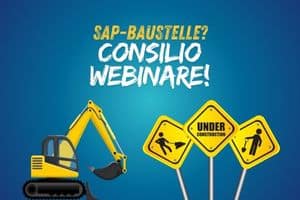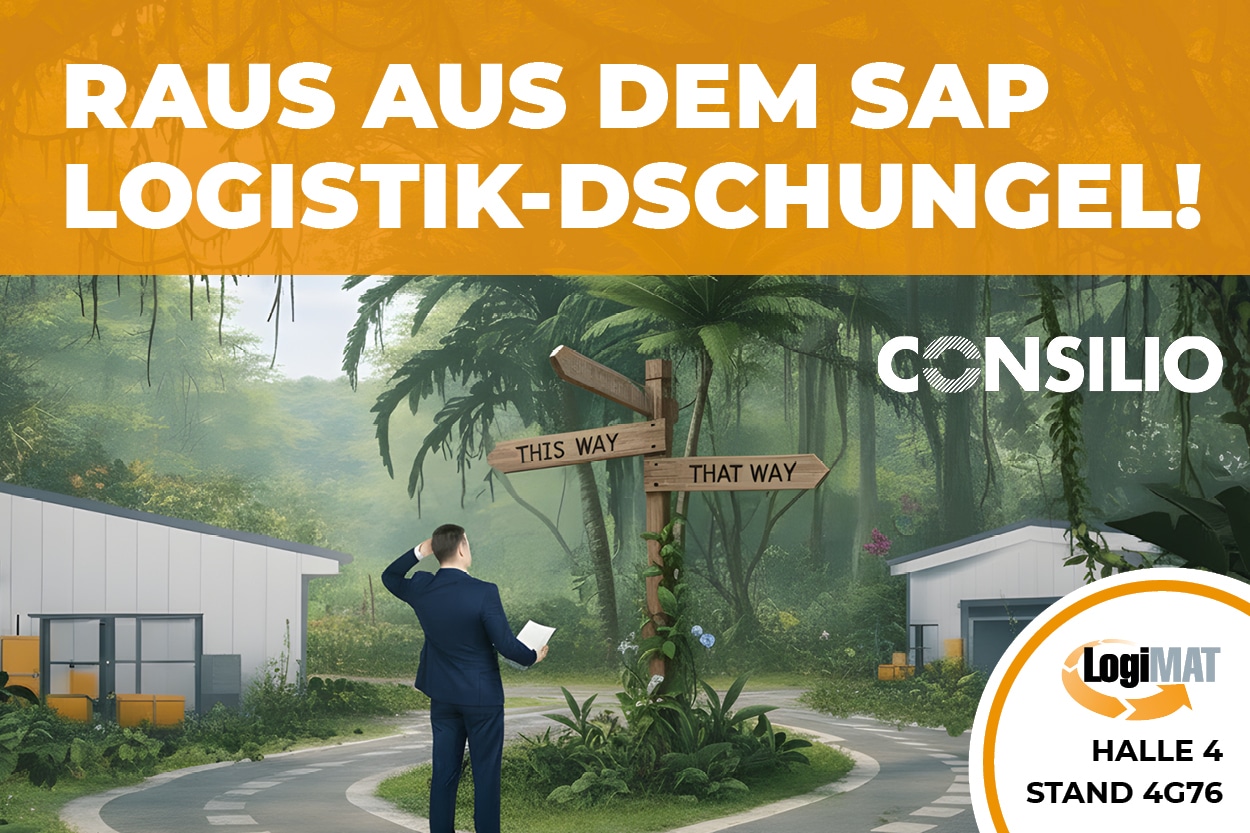By Dr. Carsten Meier, Managing Director of the Saarland Chamber of Industry and Commerce and member of the board of autoregion e.V.
There is no doubt that the current development of the economic and geopolitical framework conditions is challenging for the automotive and supplier industry: The war in Ukraine, high energy and raw material prices, exploding COVID-infections in China, stressed supply chains, weak and uncertain global economy, more difficult market access in the USA due to the implementation of the Inflation Reduction Act, rising interest rates and much more. On top of that, companies also have to cope with the challenges of environmental and digital transformation. All of this will further increase costs for companies and thus narrow the scope for investment and job creation. In the Saarland, moreover, Ford’s location decision in favour of Valencia (Spain) will not remain without consequences for the supplier industry in this country, which is already under enormous pressure to adapt.
Actively managing the transformation
Nevertheless, I am fundamentally optimistic and convinced of the resilience and future performance of the automotive industry. After all, the German automotive industry has been successfully undergoing transformation for a long time. In this way, the leading German industry has always succeeded very well over many years in defending its global pole position in the areas of innovation, quality, design and image. Even today – in a time when multiple crises have become the norm – companies in the automotive sector know very well how to react appropriately to the – often abrupt – changes in the economic, ecological, and social framework conditions: Firstly, by perceiving necessary changes and the associated difficult challenges as opportunities. Secondly, by aligning the entire organisation and its product range pro-actively, courageously and resolutely to the future. But above all, by an active and consistent management of the demanding transformation process by their CEOs.
Regionalise the production and supply network more strongly …
Numerous companies in the automotive industry have opened up new business fields through massive investments, pushed ahead with digitalisation and made their own structures more resilient to the increasing global economic and geopolitical risks. More resilient in the sense that they have started to regionalise their production and supply network more strongly. Currently, the last point in particular is crucial, because the pandemic and geopolitical shortages, e.g. of energy, raw materials and electronic components, have shown very clearly the Achilles’ heel of globalisation. Not to be misunderstood: The advantages of the international division of labour are definitely not to be dismissed for the export nation Germany and the Saarland – on the contrary. However, it is also true that dependence on individual states in the fields of energy, raw materials, semiconductors and computer chips is highly risky. Despite the current reduction of tensions, the pressure on supply chains remains high. The permanent safeguarding of production and supply chains is therefore essential. For companies in the automotive and supplier industry, this basically means: more diversification and regionalisation of their production and supply network in order to become more resilient and robust in view of the current and future crises. However, it is also clear that as correct and important nearshoring and reshoring are, especially in times of crisis, this must not be at the expense of efficiency and flexibility in the long term.
… and secure it at the European level
However, since the cost burden will continue to rise in view of high energy and labour costs, the institutions at the European level must accompany this process with a bundle of measures. First, by adopting strategic raw material partnerships because industrial change requires a new raw materials base. In this respect, raw materials policy is always also climate and regional economic policy. And only this political level has the competences to conclude the framework agreements that will subsequently enable industry in Europe to launch corresponding entrepreneurial initiatives and projects in a legally secure manner. Secondly, by strengthening free trade, for example through free trade agreements between the EU and the USA with the clear goal of reducing tariffs for motor vehicles, parts and components. And finally, by expanding Europe’s technological leadership in line with the vision of the European chip strategy.
At the federal level, the federal government will need a strategy to help businesses grow out of the crisis. In this context, a reduction in corporate taxes to an internationally competitive level is needed to increase a reduction in corporate taxes to an internationally competitive level, thereby increasing entrepreneurial investment and innovation. However, it is at least as important to create the basis on which innovations of the future can emerge. We need a “turnaround” in the areas of innovation and technology transfer! More speed in the implementation of the digital agenda and a real openness for new technologies (hydrogen, synthetic fuels) instead of a one-sided focus on the battery-powered electric drive should be the guiding principle of action in the view of the Chamber of Industry and Commerce.
Diversify the economic structure and secure Saarland as an industrial location
Answers to the question of how Saarland can become more competitive as an industrial location and thus secure it in the long term are at least as necessary. The Chamber of Industry and Commerce has made numerous substantial proposals in this regard. And the Chamber has addressed concrete recommendations for action and appeals to the political decision-makers within the framework of political consultation. The key words here include reducing the exorbitant location costs, an investment offensive, a forward-looking industrial and commercial land policy and much more. Successful structural transformation in the Saarland also means maintaining the competitiveness of the industrial core and at the same time further diversifying the economic structure and making it more resilient. Due to the sectoral weightings, the latter particularly requires the successful settlement of innovative technology providers for future sustainable mobility and the establishment of “green” technologies. In this context, the successful settlement of SVOLT would be an important signal that all policy levels in the country are seriously addressing structural change.
Creating excellent conditions for new, forward-looking centres of value creation
At the same time, state policy should also accompany the process of structural transformation by creating excellent conditions for new forward-looking value-added centres and networks – for example in battery and fuel cell technology or in the circular economy. There is considerable potential here. After all, the development of recycling capacities for drive batteries of electric vehicles or even the dismantling and recycling of complete vehicles (re-factoring) on a large scale is only making slow progress in Europe. Therefore, the goal should be the creation of a circular economy ecosystem in Saarland in conjunction with Luxembourg and the Région Grand Est in France. This requires noticeable incentives for more innovation in the fields of circular economy, resource efficiency and recycling. If successful, the region could take on a pioneering role in this field in conjunction with a fruitful SVOLT settlement. But time is pressing!
The hydrogen economy also offers enormous opportunities for the Saarland with its focus on value creation in steel production and processing, vehicle construction and plant engineering. If hydrogen was to become a growth driver at the Saar, the foundations for this must be laid quickly. The implementation of a consistent and far-sighted “hydrogen roadmap”, which offers potential along the existing and future value chain, is needed.
Despite all the economic upheavals, crises have one good thing: they are drivers of change and accelerators of innovation. They require not to rest on our laurels, but to leave the old paths and to take new innovative paths. Let’s tackle it together! With courage, energy and a lot of confidence! The Saarland Chamber of Commerce and Industry and autoregion e.V. will continue to support you with passion and commitment. Feel free to contact us!






